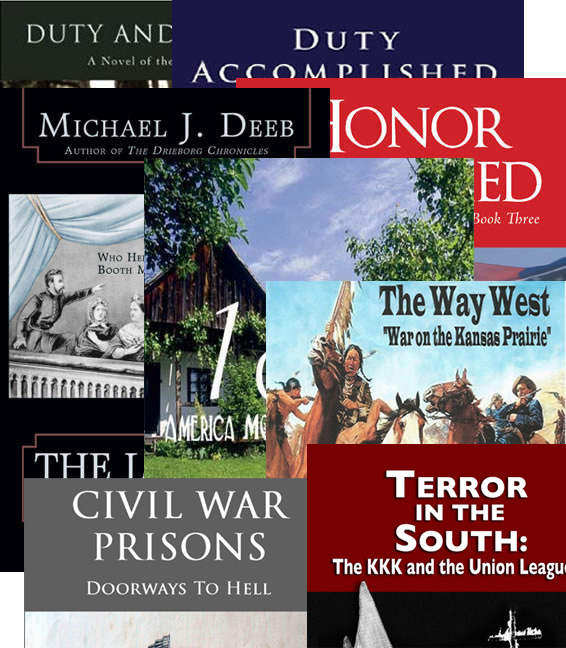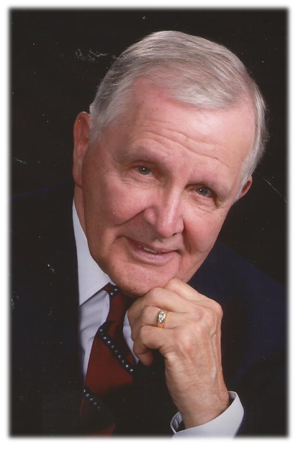The Civil War Policy and Strategy of the United States
At the outbreak of war, President Lincoln insisted that the war policy of the United States government was to restore the Union.
“If I could restore the Union without freeing one slave, I would do it.”
General Winfield Scott was Lincoln’s chief military advisor. Lincoln asked the general to recommend a strategy to accomplish his policy of restoring the Union.
Scott’s recommendation had several elements, all designed to accomplish the policy of restoring the Union as quickly as possible while causing the least destruction and loss of lives.
1. Blockade all the ports of the Confederate States of America thus”
a. Preventing the export of goods
b. Preventing the importation of civilian goods and war material.
2. Recapture control of the Mississippi River and its tributaries, thus:
a. Splitting the Confederate States of America virtually ihn half.
b. Regaining control of tributaries of the Mississippi, New Orleans, and other important river ports on that river.
c. Answering the demand made by leaders in the Midwest.
3. Raise and train an army of 300,000 men for a war lasting two to three years. By the time this army was ready, the achievement of #1 & #2 above would render the CSA too seriously weakened to offer much resistance. Then, Southern Unionists would lead their states back into the Union without major blood-letting by either side.
In derision, the Northern press called Scott’s plan, the ‘Anaconda’. Instead of supporting it, they trumpeted the widely held belief espoused by Secretary of State Seward, that one or two battles would settle the issue and result in the collapse of the CSA and thus the re-uniting of the United States as it was in November of 1860.
So, the battle-cry, ‘On to Richmond’ was trumpeted throughout the North. Toward that end, Lincoln hoped jhis ninety-day volunteers would be enough to end the war quickly.
General Edward McDowell warned Lincoln and his cabinet that the expanded Union army was not ready for combats. Never-the-less, McDowell was ordered to march his men south to meet the equally inexperienced Confederate army under the command of General Pierre Beauregard, the hero of Fort Sumter.
The two forced met in Virginia on July 20, 1861. The battle was fought on a plateau along a creek called Bull Run. The Federals were on the verge of victory. Then, General Joe Johnston (CSA) arrived on the battlefield just in time to surprise the Federals, turn the tide in favor of the Confederates and start a general rout of Lincoln’s young army.
Angry over the surprising loss, public opinion in the North forced Lincoln to move quickly. He announced that an Ohio general of militia would be given the responsibility of rebuilding the Union army so recently shattered at the battle of Bull Run.
That Ohio general, George McClellan had become somewhat of a hero in the North. Under his leadership his Ohio militia army had helped the people of northwest Virginia break away from Virginia and form the state of West Virginia.
So, it was to General George McClellan that Lincoln gave the responsibility of rebuilding the Union army in the East. By the end of 1861, McClellan’s influence had proved to be so great that he was was able to replace his mentor, Gen. Winfield Scott, and thus take over command of all Federal forces. He wrote his wife that he had been given so much power that he believed he could become a dictator if he chose to do so.
He did not. But, he resisted all of Lincoln’s efforts to make him use his newly organized Army of the Potomac. He kept insisting that his army was too small and not sufficiently trained to move into battle. So, for the remainder of 1861, he managed to avoid Lincoln’s wish for him to use the new army and therefore to avoid engaging the Confederate armies in either the East or the West.
By January 1862, both President Lincoln and his new Secretary of War, Edwin Stanton were out of patience with General McClellan in the East and General Halleck in the West. So, Lincoln issued Executive Order #1 requiringGenral Halleck to initiate offensive operations in the West by February, 1862.
Thus it was that Halleck ordered General Grant and naval Captain Foote to attack and capture Forts Henry and Donelson. They did so successfully. So began the Union’s war in the West to regain control of the Mississippi River and its tributaries.


 A Great Read! I couldn’t put this book down once I got started. The detail was great and I really like the main character, Michael. Knowing that so much research went into this book made it exciting to read!
A Great Read! I couldn’t put this book down once I got started. The detail was great and I really like the main character, Michael. Knowing that so much research went into this book made it exciting to read!